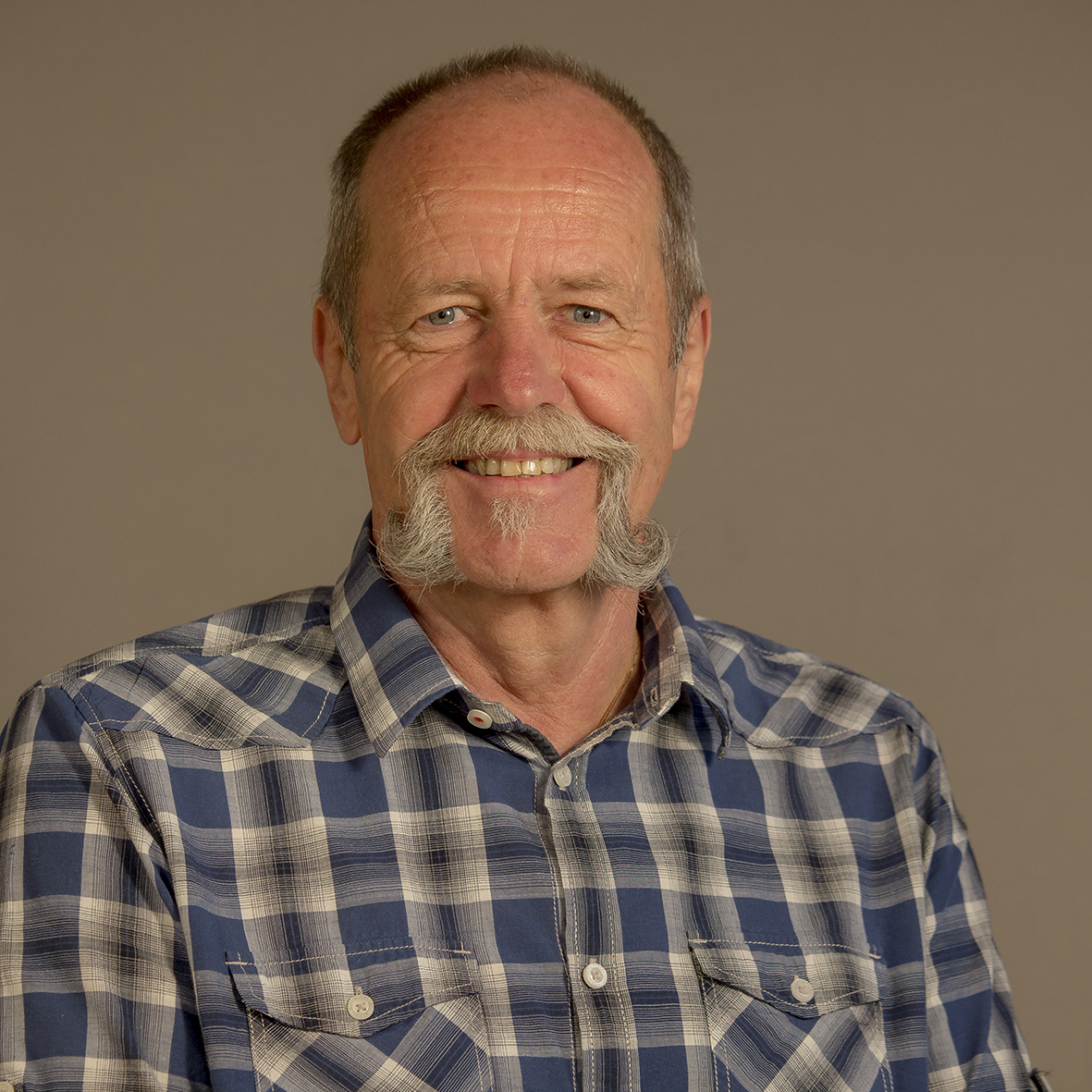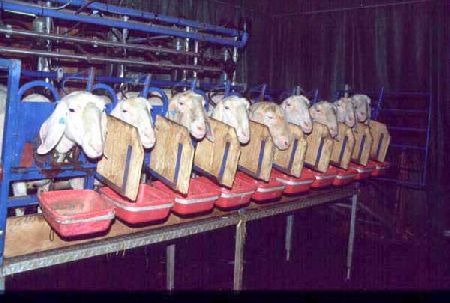This project aims to investigate how different basic feed qualities and different concentrated feed supplements affect feed intake and performance.
The production of sheep's and goat's milk is becoming increasingly important, which is reflected in the high quantities of imported sheep's and goat's cheese. The consumption of fresh sheep and goat milk is also increasing. Small children with a cow's milk allergy in particular can tolerate sheep's and goat's milk very well.
The economic viability of sheep and goat milk production depends on the intensity of use of the grassland, on the quality of basic feed, on the feeding intensity of the animals, on the breed and the genetic potential of the animals.
This project aims to investigate how different basic feed qualities (cutting time) affect feed intake and how different concentrated feed supplements influence basic feed intake. The milk yield achieved and its ingredients as well as organoleptic, technological and nutritional properties should be determined. This involves collaboration with the Federal Institute for Alpine Dairy Farming in Rotholz.
The health status of the animals is checked through blood tests by the II Medical University Clinic for Hoofed Animals at the University of Veterinary Medicine Vienna.
Justification of the need:
Refining grassland to produce sheep and goat milk is one way to preserve areas no longer used by cattle as grassland. Annual imports of 2,500 t of sheep and goat cheese could therefore be partially replaced by domestic production.
There are currently no studies on the milk production of mountain sheep. The comparison of the performance of the mountain sheep with the East Frisian dairy sheep is particularly interesting because the mountain sheep is more robust and can also be expected to produce milk outside of the season.
An answer to the question of whether dairy sheep or dairy goat farming is more interesting should be found through the overall business analysis.
Further information on project management can be found in the database for research and sustainable development (Dafne) -> Link







